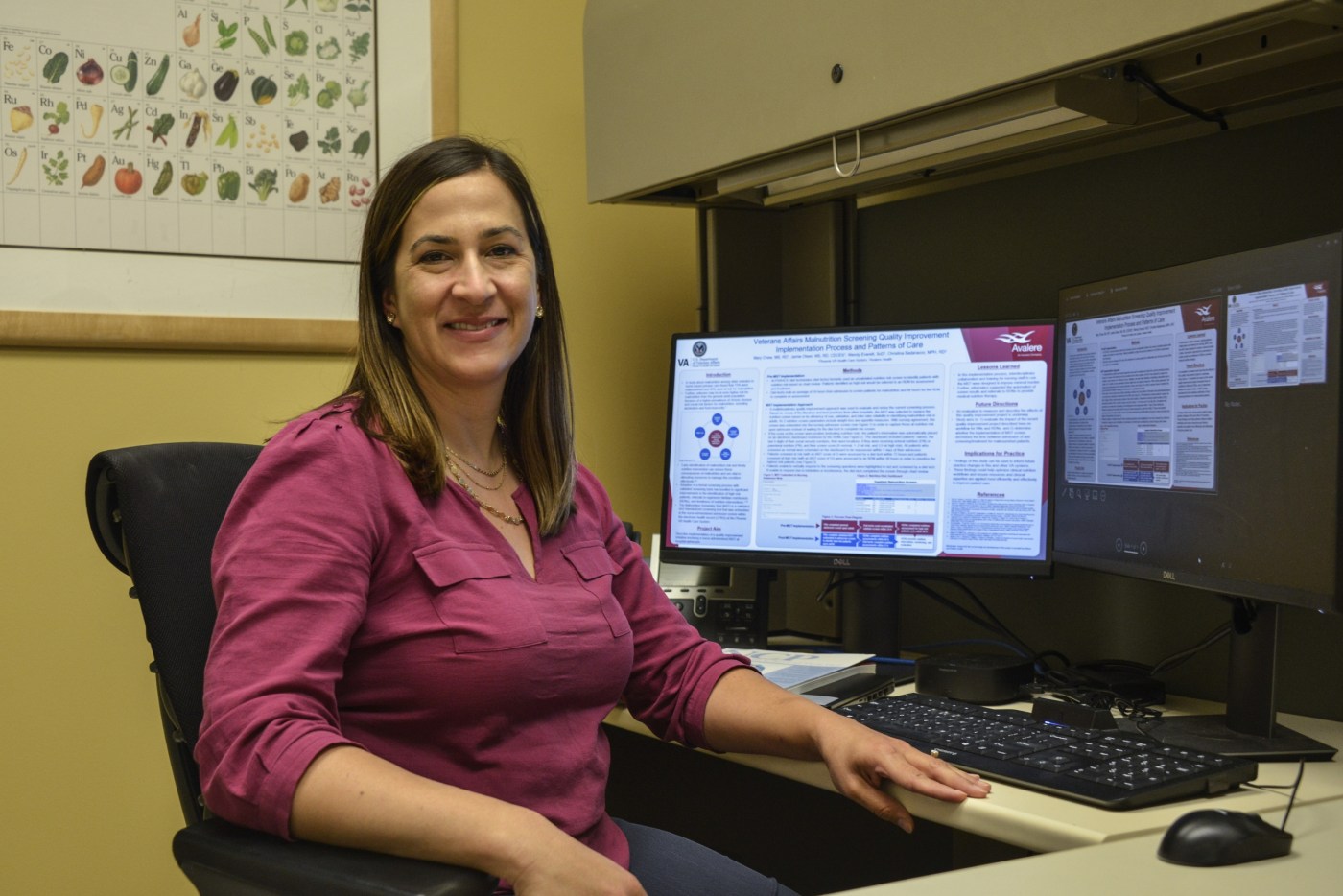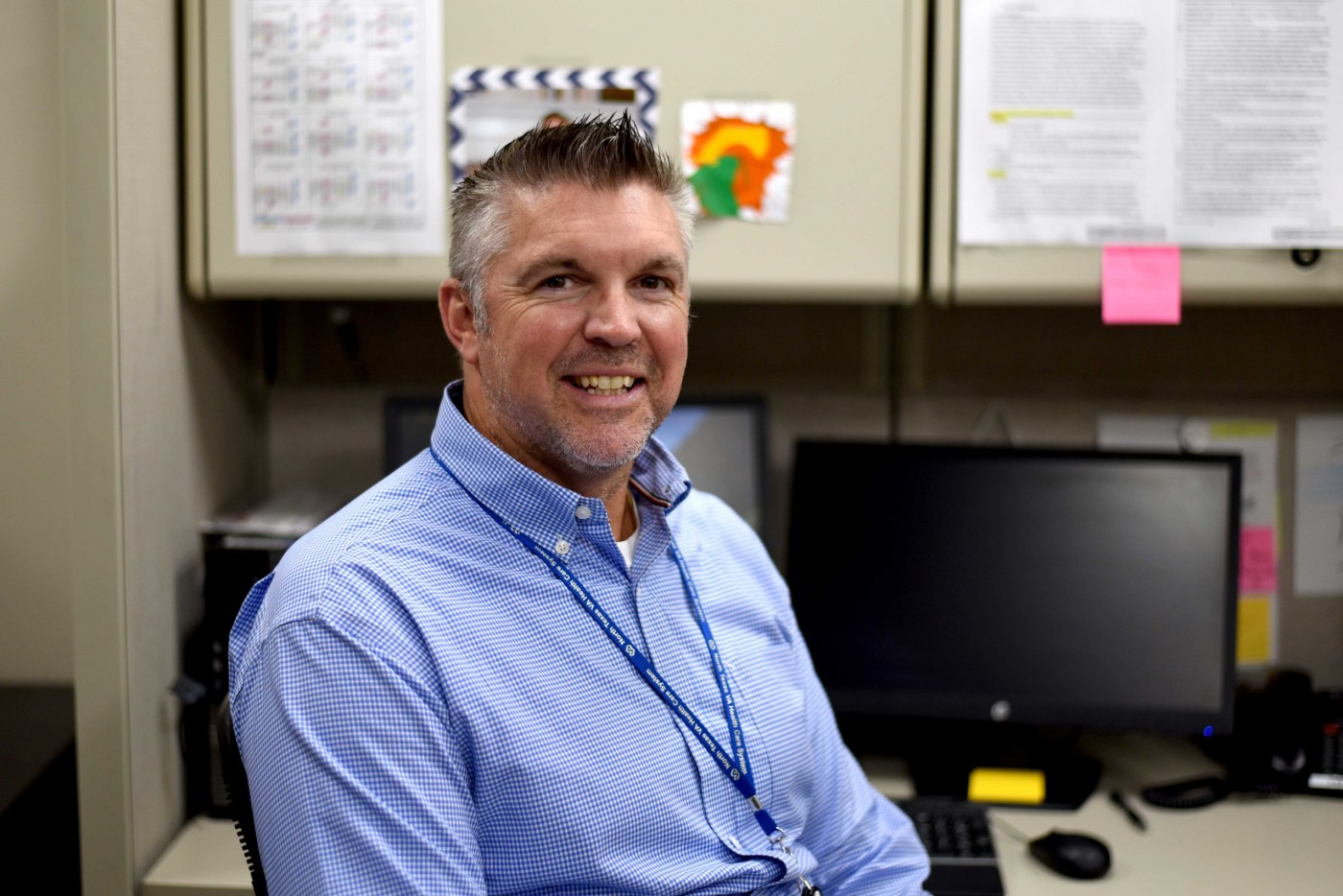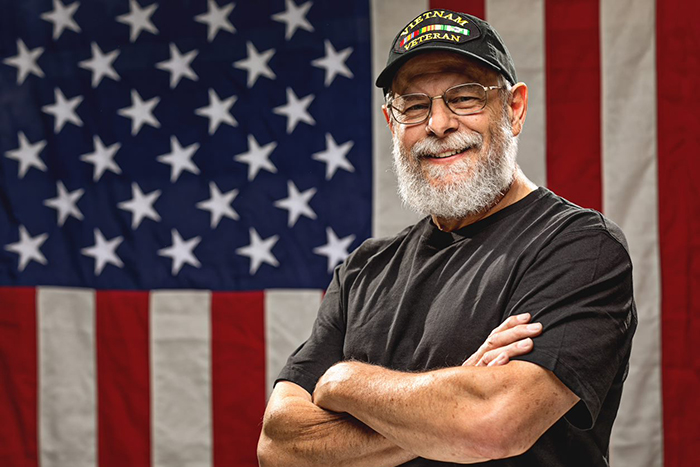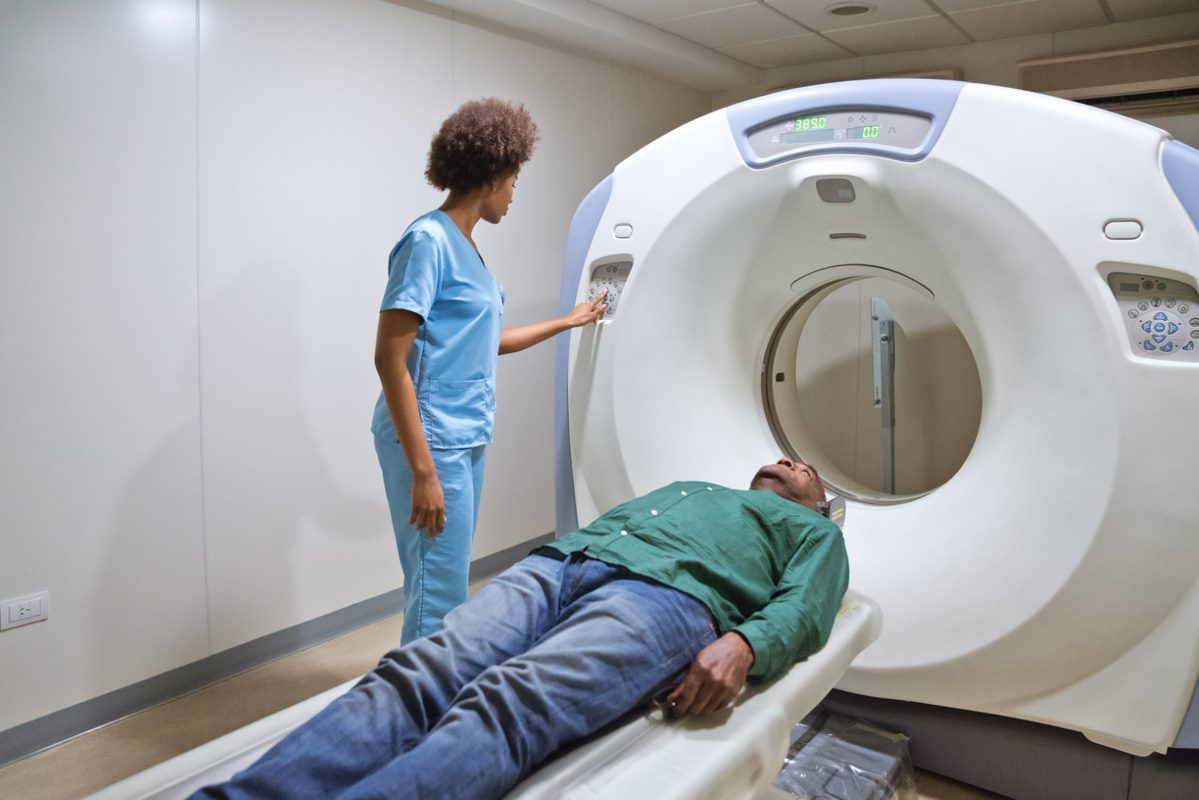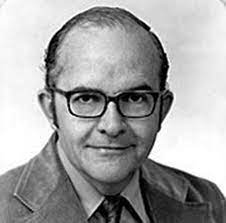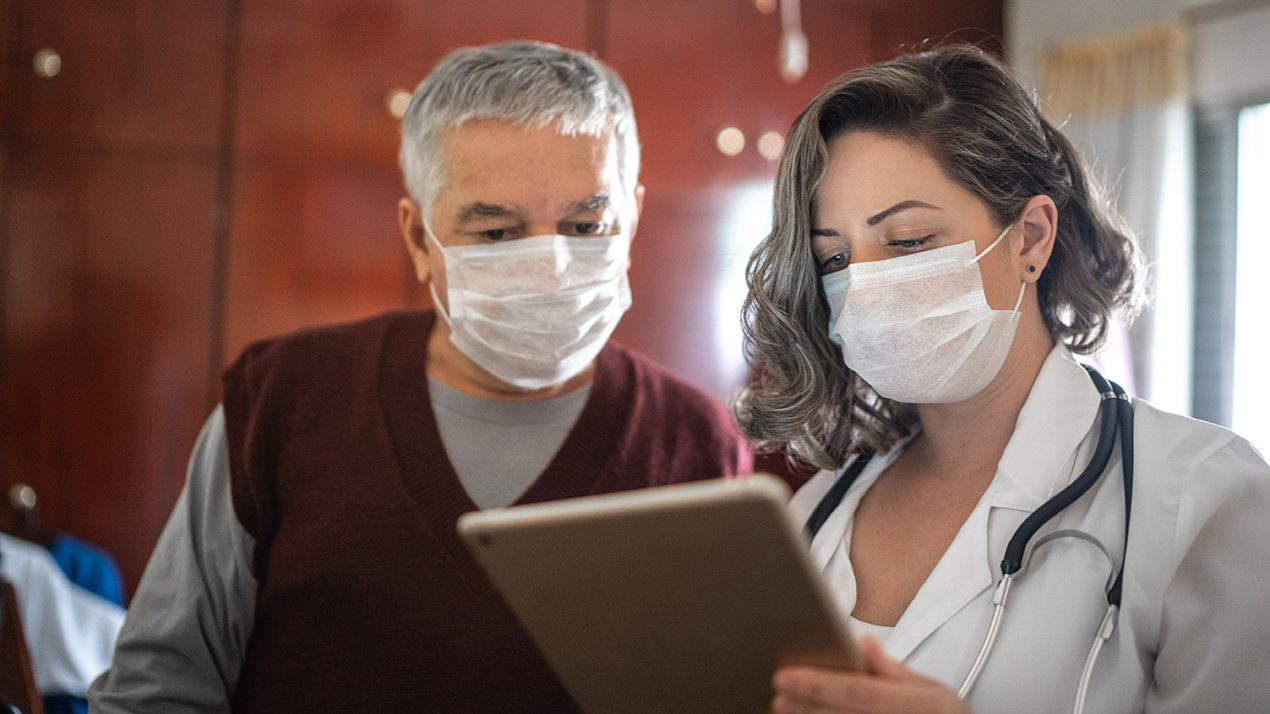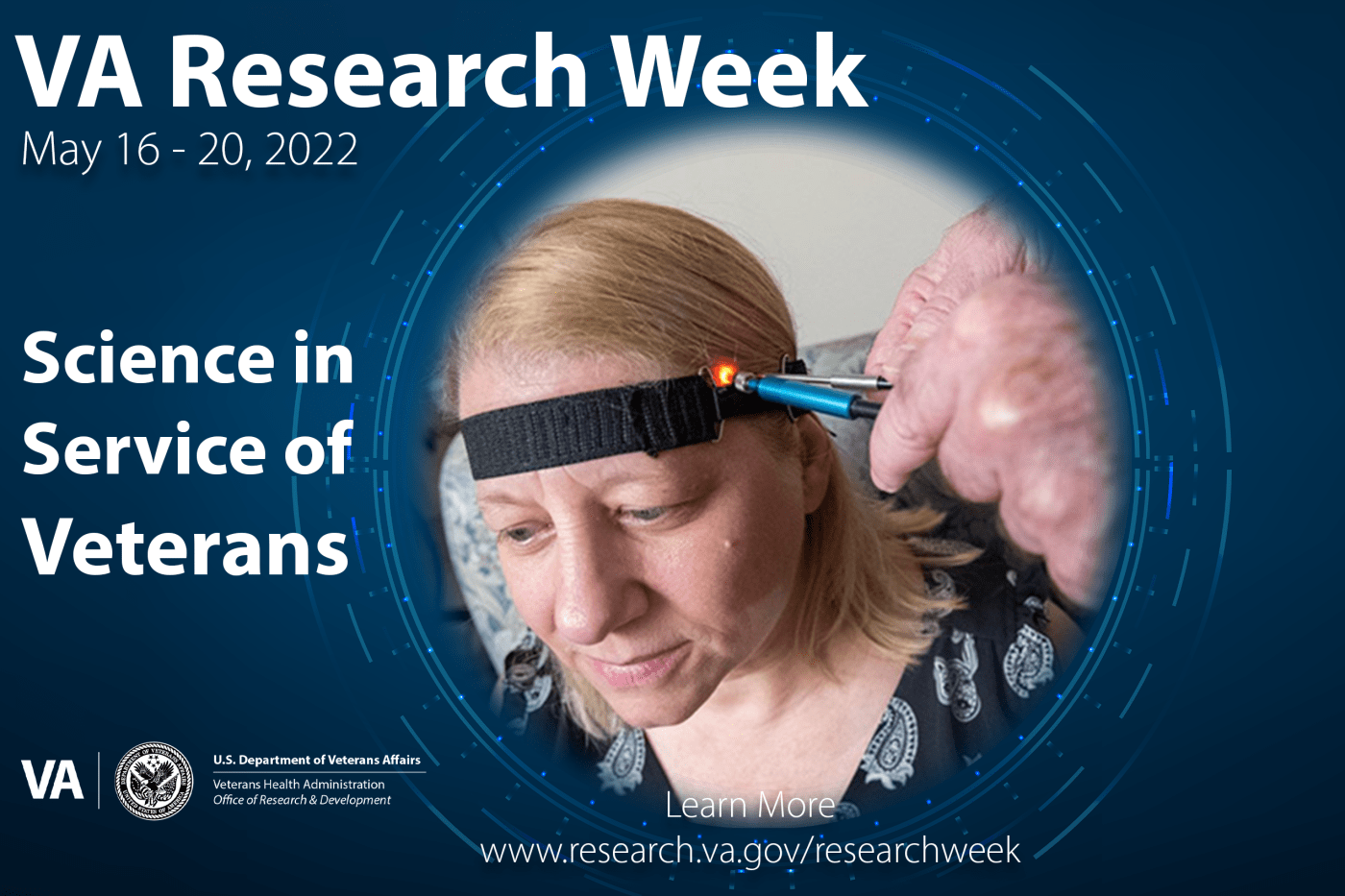Chew and her colleagues use a malnutrition screening tool (MST) for all patients admitted to the Phoenix VA hospital, three-quarters of whom are 65 and older, a demographic that is susceptible to malnutrition.
Flake is a research scientist at the VA North Texas Health Care System, where he tries to improve services for Veterans who have collided with the criminal justice system by focusing on rehabilitation needs and barriers. He’s leading a project in which health care providers and formerly incarcerated Veterans collaborate to identify priority goals including employment, housing, and substance use treatment.
Height is not typically considered a risk factor for diseases. But past research has shown correlations between how tall someone is and their likelihood of experiencing a number of health conditions. What isn’t well understood is whether this correlation has a biological basis or is due to other factors.
In 2001, VA made diabetes a presumptive condition for disability compensation. Veterans who served with "boots on the ground" in Vietnam, Cambodia, and Laos during the Vietnam war were eligible. The decision was based on an Institute of Medicine report that found a possible association between exposure to Agent Orange and diabetes.
Non-small cell lung cancer, the most common form of lung cancer, is the leading cause of cancer-related death in the United States. Surgery is the gold standard treatment for early-stage lung cancer.
Oldendorf was a VA scientist who had served in the U.S. Navy as a medical officer. He is best remembered for playing a role in developing computed tomography—commonly known as the CT scan—and magnetic resonance imaging (MRI).
Precision medicine is an approach which aims to tailor disease prevention and treatment by taking into account differences in an individual’s clinical, lifestyle, genetic, and biomarker information. Within mental health care, precision medicine is in its infancy.
In the two VA-supported studies, Hastings and Borden collaborated with colleagues at the University of Arizona who specialize in statistical analysis and evaluation of biological data. Hastings is an associate professor at Arizona State University, with an academic focus on immunobiology.
NHRVS is the brainchild of Dr. Pietrzak, director of the Translational Psychiatric Epidemiology Laboratory of the VA National Center for PTSD in West Haven, Connecticut. NHRVS―called “Nerves”―is a nationally representative survey administered to Veterans both inside and outside the VA health care system.
The researchers estimated the cost of PTSD at $232.2 billion for 2018, the latest year for which data were available at the time of the study. They called for increased awareness of PTSD, more effective therapies, and the expansion of evidence-based strategies to “reduce the large clinical and economic burden” of that mental health condition.
Childress helped pioneer the myoelectric control system—a technology that applies electrical signals from muscles to activate prosthetic limbs.
National VA Research Week is May 16-20, 2022. This year's theme is "Science in Service of Veterans."

